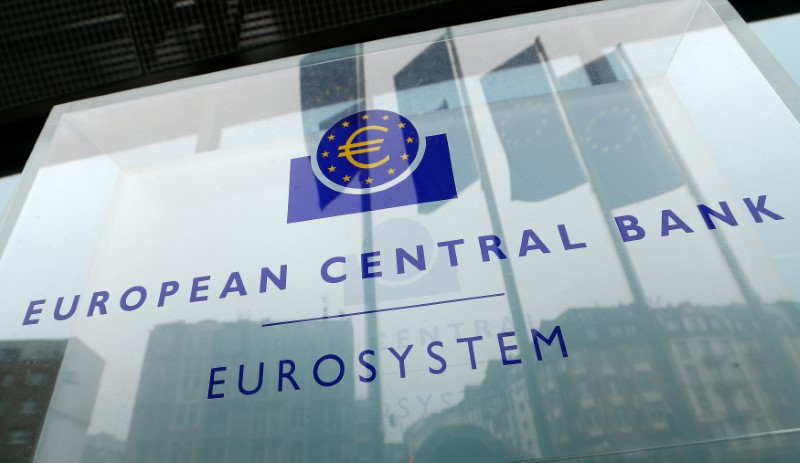Gold prices edge higher on raised Fed rate cut hopes
Investing.com -- The ECB's deposit rate could hit 4% by the end of summer, HSBC analysts wrote in a report, with the ECB continuing to raise rates even after the summer period.
The British bank, therefore, forecasts two 25 bp hikes in July and September, in addition to the quarter-point hike for the upcoming June meeting, with the deposit potentially touching 400 bp from the current 325 bp.
The rates on main refinancing operations and marginal lending facilities are currently at 3.75% and 4.00%, respectively, after an overall increase in recent months of 375 basis points, the largest in ECB's short history.
This is also accompanied by a not-so-positive outlook on rate cuts, which analysts say will not occur "before the end of 2024." According to HSBC, there are five reasons why the bank led by Christine Lagarde will continue to raise the cost of money:
1) Activity remains remarkably buoyant in the service sector. The income squeeze is easing and consumer confidence is well off its lows;
2) The labour market remains quite tight and wage growth is rising steadily;
3) Productivity has been poor, which alongside rising wages implies growth in firms’ labour costs is higher than that consistent with a 2% inflation target;
4) Policymakers think there is “more ground to cover” and some want to raise rates until they see signs that core inflation is falling on a “sustained basis”, which we do not think see happening until after the summer;
5) Fiscal policy remains supportive, with funds for energy support measures being reallocated to more general spending and widespread tax credits.
The bank also issues a warning about the consequences of the rapid rise in the cost of money, highlighting how monetary tightening "is starting to bite," and how the transmission of monetary policies works with "long and variable lags."
According to HSBC, the Eurozone's "heavy reliance" on bank lending implies a higher risk of overtightening, with negative consequences for banks' funding costs and sovereign bond spreads."
In this sense, "any bout of acute market volatility that materially affected the inflation outlook... could stop the ECB in its tracks and even force it into cuts."
"The ECB still sits on the horns of a dilemma," the bank concludes.
